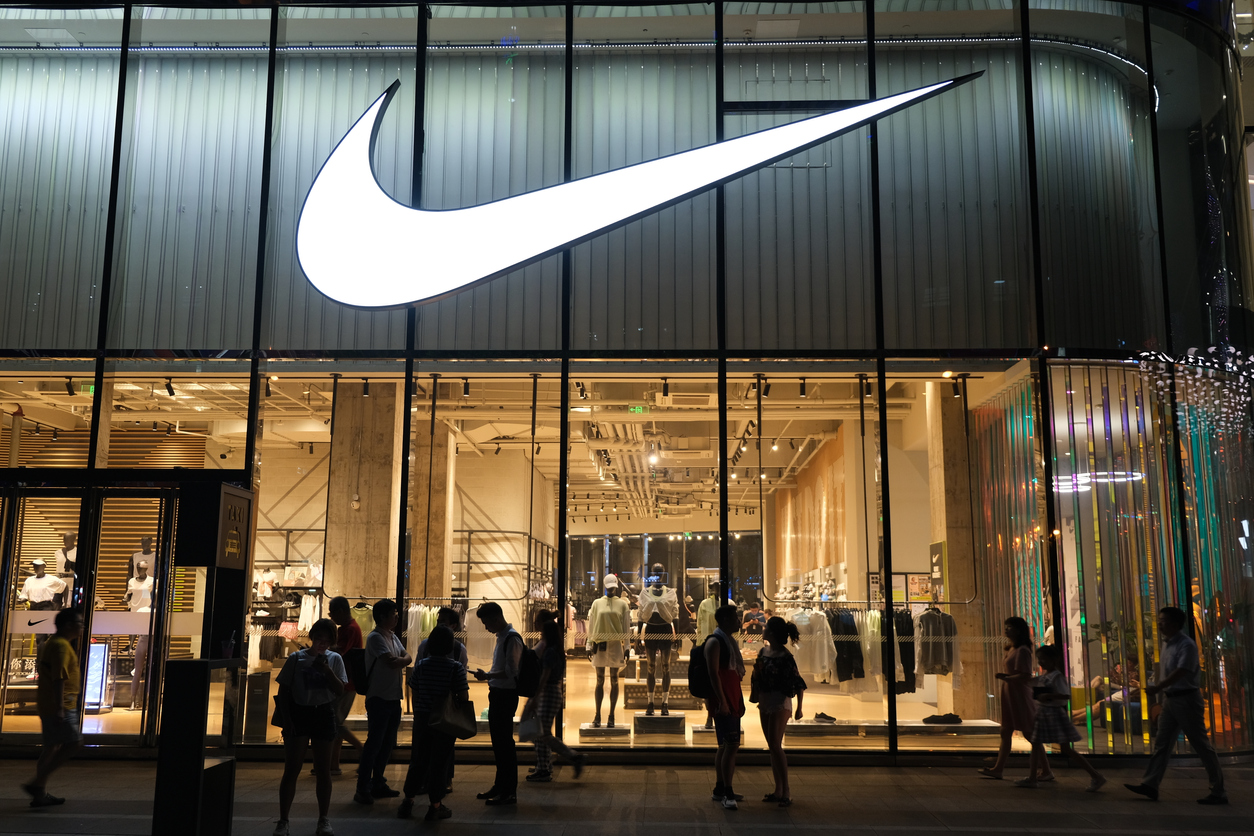Last week, a resident of Missouri filed a complaint against Nike in a federal court, accusing the sports apparel manufacturer of deceptive marketing by falsely promoting its products as sustainable and environmentally friendly.
The lawsuit references the Green Guides of the Federal Trade Commission, which provide guidance to companies regarding potentially misleading advertising related to sustainability claims. However, the plaintiff argues that these guidelines lack legal enforceability. According to John Conway, CEO of Astonish Media Group, while the guidelines do not carry legal weight, they serve as a boundary that companies should not cross, informing both consumers and the industry.
In addition to citing the Green Guides, the lawsuit alleges that Nike’s sale of supposedly eco-friendly items violates the Missouri Merchandising Practices Act. Maria Guadalupe Ellis, the plaintiff, highlights that many consumers consciously choose eco-friendly products and are willing to pay a premium for them. However, Nike’s sustainability collection, according to the lawsuit, is not truly sustainable, as it predominantly uses materials harmful to the environment, including non-biodegradable plastics.
Ellis seeks to have the lawsuit certified as a federal and state class action. She also points out that out of the 2,452 products listed in Nike’s sustainability collection, only 239 are actually made with recycled materials, representing around 10% of the collection.
Nike has not yet responded to requests for comment on the lawsuit and specific allegations.
Given the popularity of Nike products and the previous allegations of greenwashing against the company, Conway suggests that the lawsuit may potentially be certified as a class action. He believes that Ellis’s claim regarding the low percentage of recycled materials in Nike’s sustainability collection carries more weight and may have a stronger chance of success in court compared to the false advertising claims.
Conway emphasizes the importance of closely following this case, particularly for those in the apparel industry. If the court determines that the recycled fibers used by Nike are not truly sustainable materials, it could undermine the company’s entire sustainability argument, especially if they primarily rely on materials such as polyester.
As awareness of the environmental impact of plastics grows, similar lawsuits may become more prevalent, and regulatory agencies might eventually impose stricter regulations.
To stay updated on this story, readers are encouraged to subscribe to the Retail Dive free daily newsletter.


